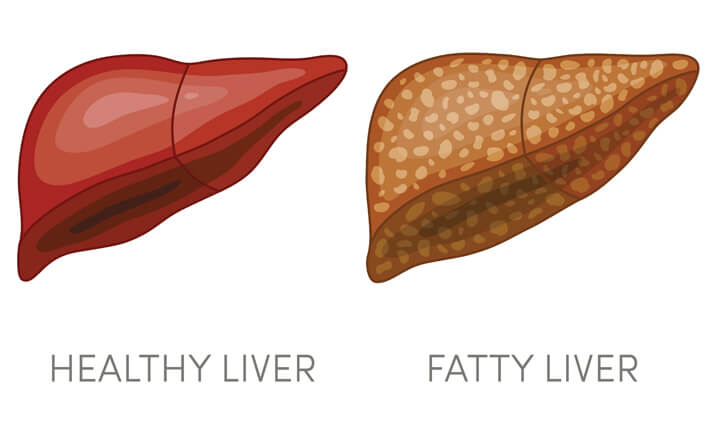
Non-alcoholic fatty liver disease (NAFLD) is a metabolic disorder characterized by liver fat deposition due to causes other than excessive alcohol consumption. NAFLD can cause many liver dysfunction-related symptoms and signs, with the disease may progress to non-alcoholic steatohepatitis, a condition marked by liver inflammation, fibrosis, and irreversible damage. NAFLD is usually accompanied by insulin resistance and obesity, with up to 30% of the population in industrialized countries have NAFLD. While NAFLD is rapidly becoming the most common liver disease worldwide, its treatment remains elusive and directed toward correction of the risk factors. Since metabolic impairment plays a major role in NAFLD pathogenesis, any agent that advance lipid and glucose metabolism could be appropriate to tackle this complex condition. Molecular hydrogen (H2) has recently emerged as a novel pro-metabolic agent that might positively affect liver health. Supplemental hydrogen improves blood lipid profiles and insulin resistance in overweight women, patients with type 2 diabetes, and subjects with potential metabolic syndrome. In addition, drinking hydrogen-rich water reduces hepatic oxidative stress and alleviated fatty liver damage in rodents.
|